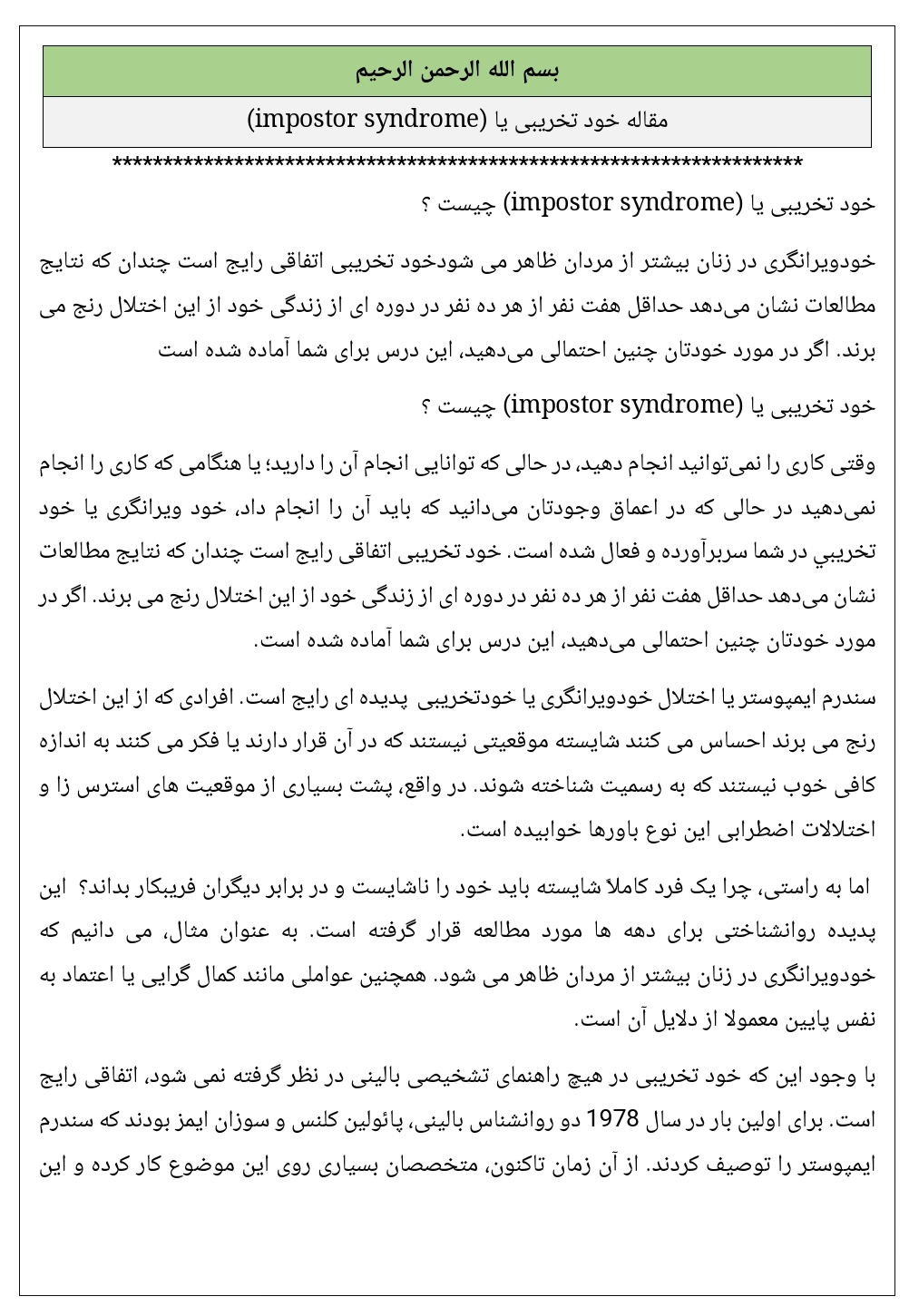Breaking Down Procrastination, Emotional Dependency, and Impostor Syndrome
Breaking Down Procrastination, Emotional Dependency, and Impostor Syndrome
Blog Article
In today's fast-paced world, many individuals struggle with mental and emotional challenges that hinder their success. Among these, procrastination, emotional dependency, and impostor syndrome stand out as common issues. What can you do to break free from these patterns?
This article, we will dive into the causes and solutions these three challenges. By understanding their impact and learning how to tackle them, you can take control of your life.
What is Procrastination?
Procrastination refers to postponing important activities even when you are aware of the consequences. This behavior is frequently linked to emotional or psychological factors, such as anxiety or self-doubt.

The effects of procrastination, can be far-reaching. Overcoming impostor impostor procrastination requires developing better habits síndrome de impostora and creating actionable plans. Consider techniques like the Pomodoro Technique or setting realistic deadlines to stay on track.
The Nature of Emotional Dependency
Emotional dependency is a state where a person depends excessively on external relationships to fulfill their emotional needs. Although relationships are fundamental, emotional dependency can become unhealthy when it leads to a lack of independence.

Symptoms often include a fear of rejection, difficulty making decisions independently, and an overwhelming need for reassurance. Breaking free from this pattern, it’s crucial to develop self-awareness and cultivate self-reliance. Engaging in personal development activities and professional guidance can provide significant support.
Recognizing and Managing Impostor Syndrome
Impostor syndrome is the persistent belief where someone feels like a fraud despite evident success. People with impostor syndrome often attribute their achievements to luck rather than recognizing their talent and hard work.

This mindset can lead to anxiety, self-doubt, and hesitation to pursue new opportunities. To overcome impostor syndrome involves challenging self-critical beliefs and celebrating accomplishments. Engaging in supportive discussions and setting realistic expectations can also help you build confidence.
Steps to Overcome Procrastination, Emotional Dependency, and Impostor Syndrome
To navigate these issues, consider the following strategies:
- Develop structured daily plans and set achievable goals.
- Recognize triggers that contribute to your emotional reliance and work towards independence.
- Practice gratitude to counter impostor syndrome and seek professional guidance if needed.
Long-term improvement requires persistence, so stay committed to these approaches to see positive changes.
Conclusion: Taking the First Step
These challenges can feel overwhelming, but you can overcome them by taking deliberate action. By understanding their roots and applying effective techniques, you open the door to personal growth.
Start today by acknowledging where you stand and implementing small but meaningful changes. Remember: progress is a journey, not a destination.
Report this page